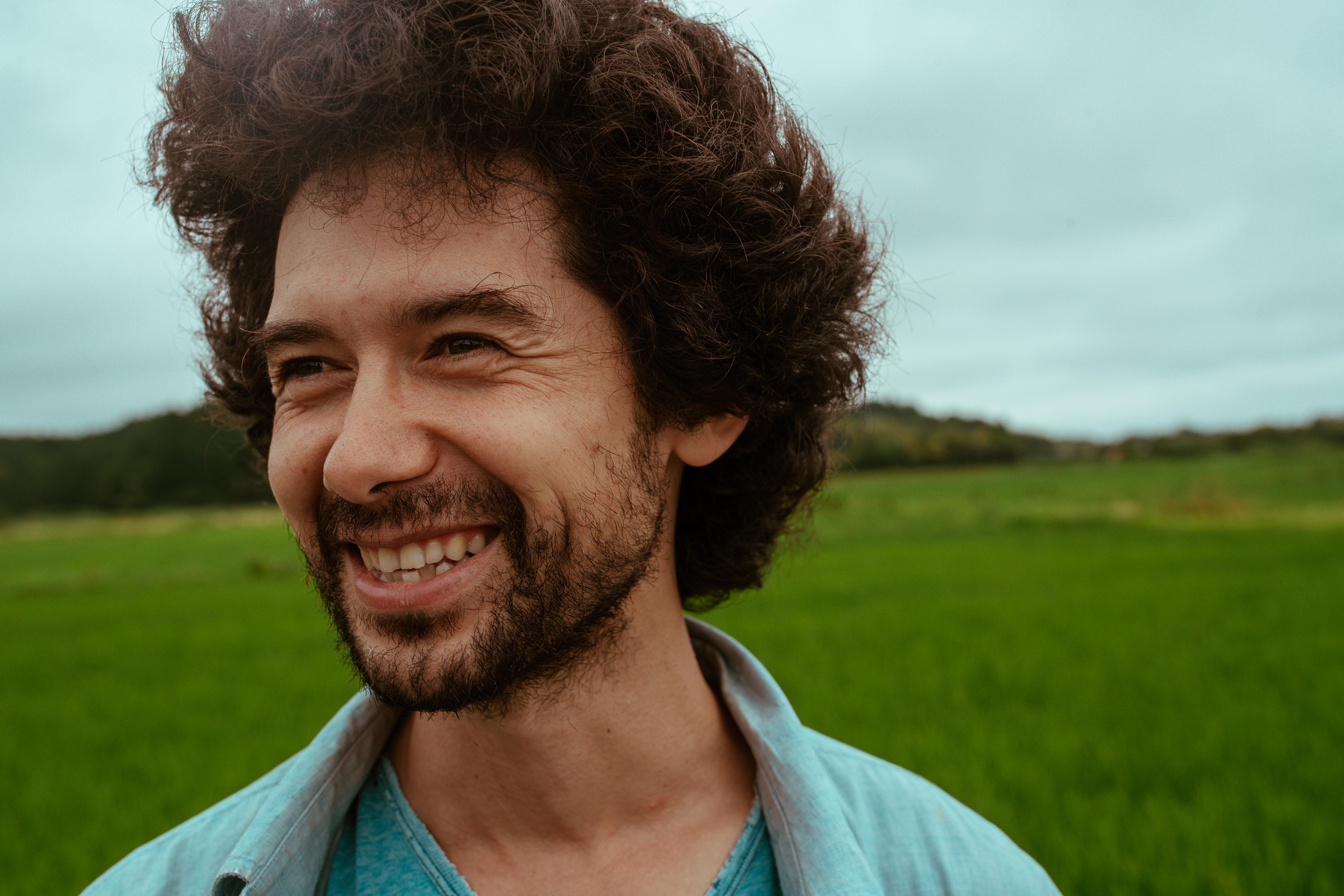BACK
The Lakeland Lecture Series Presents: Kai Sawyer
On January 25, at 7pm here at the 6th floor LUJ Muskie Hall, Kai Sawyer—sustainability practitioner, educator, activist, author—will be giving our Lakeland Lecture. His topic feels relevant now more than ever: “Interbeing: Re-connecting to Nature, Humanity, and Ourselves.”
With climate disasters occurring across the planet, with two wars raging with no apparent end in sight, and with humanity perpetually drenched in a storm of differing opinions, Mr. Sawyer’s talk will seek to give clarity to these issues. Attendees, as always, will have a chance to ask questions at the end of the talk.
Fortunately, Mr. Sawyer took some time out of his busy schedule to answer a few questions before his lecture.
1) During your lecture, there will be a lot of college students in attendance. What topics were you passionate about during your college years, and how did they bring you to where you are today?
I was interested in engineering when I first entered college (2001), probably because that was what the society/economy was promoting at the time. Computer engineers were the future and you could get a high paying job. But after 9/11 and the US bombings Afghanistan and Iraq, I was deeply moved by student activists who stood up for peace and ecology. Through them, I was led into the fascinating world of ecological gardening, social change, mindfulness, and peace. I became a psychology major, and the mind continues to be infinitely interesting. And, I've basically been on the same path that I started in college, for 23 years. Exploring my mind, peace and non-violence, and how to live in harmony.
2) What would you say is the most common misconception about sustainability?
I would say the most common misconception is the word/concept "sustainability" describes the "future we want". What are we trying to sustain and why? Most of us would probably not want to sustain our current disempowering political systems, and exploitative economic systems. We all probably want a healthier, freer, peaceful world, with much more free time for us to do what we really want to do, if we weren't so pressured to pursue money and status.
I like the word "regenerative" more. It gives me a sense of things improving, and that life and nature are an ever-evolving dynamic process. Things are constantly dying and coming to life. Under the concrete of Tokyo is a vast network of microorganisms and seeds that sprout through the cracks, slowly regenerating the city into a forest.
We are also regenerating. We are not the same people we were 10 years ago. Or even yesterday. The same can be said about our families and society. It is always changing in some ways. And we can never control the whole, but we can send a positive ripple into the system and encourage others to do the same. Each of us has an important role to play to make our lives and the world better.
It's also a tragic misconception that most of us believe that humans are somehow separate from nature. We often use the phrase "humans and nature" or "go to nature" as if we are separate. Then what are we? And is nature merely an object for our exploitation? The polycrisis we are facing is not a problem of technology, but a fundamental misunderstanding of reality.
3) Thank you. Such an important message. We're also interested in learning about how you came to teach Nonviolent Communication here in Japan. Looking back, when did you first learn about the concept of nonviolence, and was the impact gradual or instant?
I first learned about Nonviolent Communication (NVC) when I was a student organizer for a program students created called the "Education for Sustainable Living Program at UC Santa Cruz. All the student and alumni organizers were trained in NVC, and that really helped me in my work and life in general. Also, during the anti-war student activist days, I would be studying about peace and learning about nonviolence through Gandhi and Dr. King's teachings. I would say, I have been learning about non-violence from before I heard of that term. I think we all are learning about it in some way or another.
I once heard a NVC trainer say, "nonviolence is a state where you have no enemy in your mind". Enemies pop up all around us, even those we love can suddenly turn into our enemies. We ourselves can turn into our own worst enemies. But when we train ourselves to not create enemy images in our minds, we can feel safe and a lot more free.
There are moments when the exploration of peace and nonviolence has a very profound impact on my life, and most times it is slowly deepening process. Experiencing 9.11 in the US, living at a zen monastery, moving to the jungle in Costa Rica, have given me life-changing insights into nonviolence, peace, and life. I have less fear in my life, less stress, a lot of freedom, peace, and a clear sense of purpose.
Lakeland Lectures was founded in 2008 and run by LUJ Professor Roger Grabowski. For questions about this lecture or to inquire about nominating or becoming a future speaker, please contact him at grabowski@japan.lakeland.edu.
